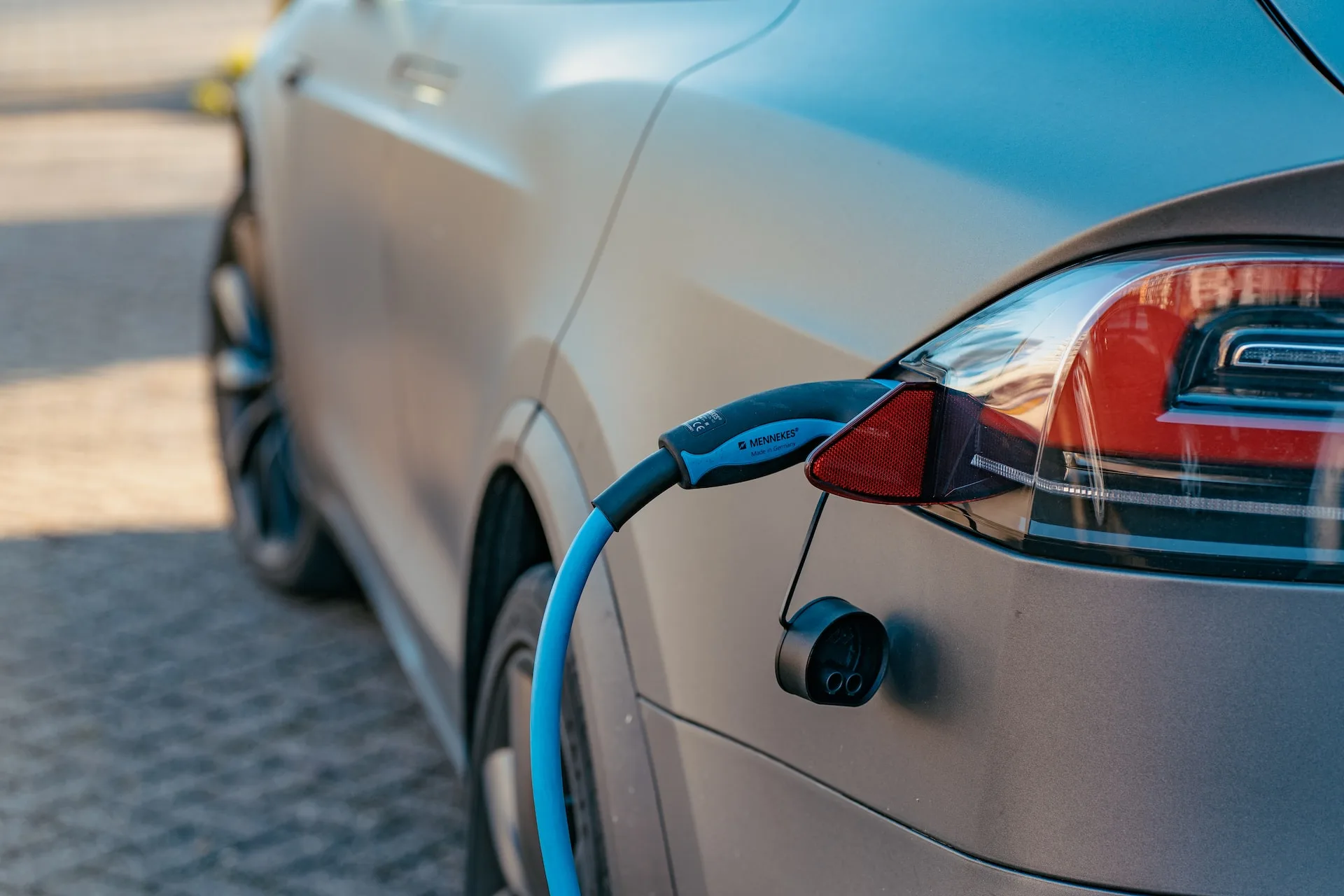The Environmental Impact of Switching to Electric Vehicles and Home Charging: Explore the broader environmental benefits of electric vehicles, including reduced emissions and the potential for using renewable energy sources for charging.
The transition from gasoline-powered vehicles to electric vehicles (EVs) represents a significant step forward in reducing the global environmental footprint. This shift not only promises a future of cleaner, more sustainable transportation but also aligns with broader efforts to combat climate change and improve air quality. When combined with the adoption of home charging stations powered by renewable energy sources, the environmental benefits become even more pronounced. Here’s an exploration of the broader environmental benefits of switching to electric vehicles and the impact of home charging.
Reduced Greenhouse Gas Emissions
One of the most significant benefits of electric vehicles is their contribution to the reduction of greenhouse gas emissions. Traditional vehicles powered by gasoline or diesel combust fossil fuels, releasing carbon dioxide (CO2), a potent greenhouse gas, into the atmosphere. These emissions are a major contributor to climate change and global warming. In contrast, EVs produce zero tailpipe emissions. When charged with electricity generated from renewable sources, such as solar or wind power, the environmental impact is further minimized, moving us closer to a low-carbon future.
Improved Air Quality
Electric vehicles contribute to significantly improved air quality, especially in urban areas where traffic congestion is a common issue. EVs eliminate emissions of nitrogen oxides (NOx), particulate matter (PM), and other pollutants that contribute to smog and poor air quality. This reduction in air pollutants can lead to healthier communities by decreasing respiratory and cardiovascular health issues among the population.
Reduced Noise Pollution
Electric vehicles offer the added benefit of being much quieter than their internal combustion counterparts. This reduction in noise pollution contributes to a more pleasant and less stressful environment, particularly in densely populated urban areas. Lower noise levels can have positive effects on mental health and well-being, as well as on wildlife in urban-adjacent areas.
Decreased Dependence on Fossil Fuels
By switching to electric vehicles, we can significantly reduce our dependence on oil and other fossil fuels. This not only has environmental benefits but also geopolitical implications, potentially reducing conflicts over oil reserves and improving energy security with a more diversified and domestically sourced energy mix.
Encouraging Renewable Energy Integration
The growth in electric vehicle use, particularly when coupled with home charging stations, creates a unique opportunity to integrate more renewable energy into the grid. Homeowners with EVs can install solar panels or invest in green energy plans to charge their vehicles, directly linking transportation to renewable sources. This not only reduces the carbon footprint of driving but also supports the expansion of renewable energy infrastructure.
Lifecycle Emissions and Future Improvements
While electric vehicles have a higher manufacturing footprint due to the production of batteries, their overall lifecycle emissions are significantly lower than those of traditional vehicles. As battery technology advances and recycling processes improve, the environmental impact of EV production is expected to decrease further. Additionally, as the electricity grid becomes greener with more renewables, the total emissions associated with charging EVs will continue to diminish.
Switching to Electric is important for the Future
The switch to electric vehicles and the adoption of home charging infrastructure represent pivotal actions in the global effort to mitigate environmental impact. By reducing emissions, improving air quality, and fostering renewable energy use, EVs offer a clear path toward a more sustainable and healthy planet. For individuals and communities alike, the transition to electric mobility is not just about embracing new technology—it’s about contributing to a larger movement for environmental stewardship and a better future for generations to come.

